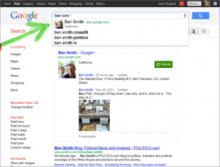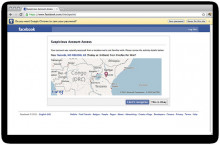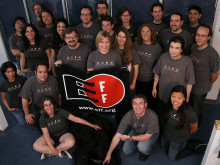Google Search Changes Rile Privacy Advocate
Changes in what's displayed in search results announced Tuesday by Google has one prominent privacy advocate ready to file a complaint with the Federal Trade Commission (FTC).
Marc Rotenberg, executive director of the Electronic Privacy Information Center, based in Washington, D.C., says his group is mulling filing a complaint with the FTC over Google's new Search Plus Your World feature, according to the Los Angeles Times. When pressed to elaborate on his comments to the Times, Rotenberg would only say that he will have more information on the complaint on Thursday.













































































